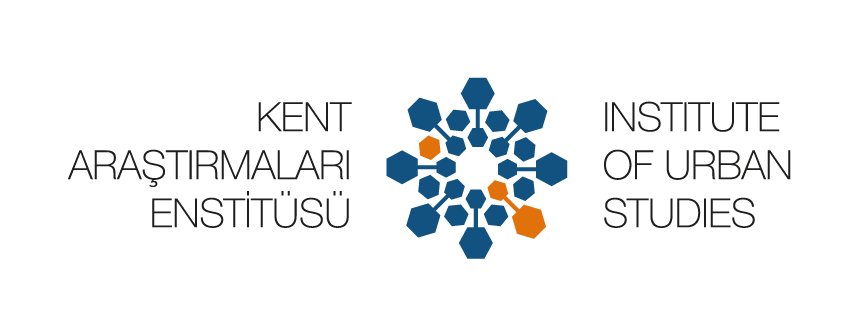Housing Studies Working Group Programme

Assoc. Prof. Dr. Ö. Burcu Özdemir Sarı
Programme Director
The 2000s witnessed many events such as economic crises, disasters, migration crises, and pandemics that demanded rethinking the role and meaning of housing in terms of society and economy. With the developments deepening the existing social and spatial inequalities, governments in many countries turned to housing researches, and housing policies were renewed and updated in line with these researches. Accordingly, housing work has undergone a significant transformation in the last ten years. For our country, it is the right time to form ideas about housing, to challenge and understand how to solve housing problems, and to start a Housing Studies Working Group Programme related to it.
Housing has many social functions. Therefore, the production and consumption process of housing brings together many actors. The point that makes the house a problem area is its multifunctional and multi-actor structure. The main function of housing is shelter, which has been one of the most basic needs of man since its existence. Today, housing has functions such as being a consumption and investment good, providing economic security, playing a role in the reproduction of labor force and social relations, as well as a shelter function. Due to this multifunctionality, it is seen that actors with different needs and expectations have emerged on the demand side, and a housing sector has developed to meet expectations rather than needs, under the dominance of the private sector on the supply side. As a result, complex problem areas arise in terms of housing provision, financing, accessibility, and housing/living conditions for different segments of the society. Another actor in the field of housing is the state itself. The reason for preventing the negative consequences of leaving the housing completely to the free market because it is a human right constitutes the basis of the state’s various interventions in the housing market. While these interventions are sometimes part of the solution, sometimes they appear as a new problem area. In this multifunctional and multi-actor structure, it is inevitable to develop multidimensional thinking and to benefit from the perspectives and tools offered by different disciplines for the solution of housing-related problems.
The main objective of the Housing Studies Working Group Programme is to conduct solution-oriented studies with a holistic perspective by examining the housing-related issues and problems that have roots in the past in Turkey, are experienced today, and are likely to be transferred to the future. In order to meet the needs in the fields of education, research, academia, and politics, a dynamic process design is planned with congresses, book series, and webinars in the programme, which will be carried out under the guidance of quantitative and qualitative research, taking into account the multi-disciplinary nature of housing studies, which is at the intersection of many disciplines by nature.
Housing Studies Working Group Programme in line with the above mentioned will cover a wide range of issues such as mechanisms/tools that shape the delivery and financing of housing, housing as a human rights, affordable housing, the rental housing market, housing culture, sustainable housing, and housing environments. Within the scope of the Programme, it is intended to contribute to conceptual, theoretical, and practical discussions by preparing field researches and solution-oriented reports that deal with housing from different dimensions. It purposed to create platforms that will bring together the actors working in different fields on the housing problem, share information and enable the production of solutions made possible by the common mind.

Assoc. Prof. Dr. Ö. Burcu Özdemir Sarı
She completed her undergraduate degree at the Department of City and Regional Planning at Middle East Technical University (2000), and her graduate degree in the City Planning Graduate Programme of the same university (2003). She received her Ph.D. in Spatial Planning (2010) from the Technical University of Dortmund. She started her academic life as a research assistant at METU, Department of City and Regional Planning between 2001-2007. She worked at Çankaya University’s City and Regional Planning Department between 2012-2015, where she was one of the founding faculty members. Burcu Özdemir Sarı has been a faculty member at the Department of City and Regional Planning at Middle East Technical University since June 2015. Her areas of interest include housing policies, economic accessibility to housing, housing reinvestment and transformation, and urban economy. Having many projects and publications in this context, Ö. Burcu Özdemir Sarı is the editor of the books Urban Planning (İmge), Urban and Regional Planning in Turkey (Springer), Housing in Turkey: Policy, Planning, Practice (Routledge: in press).


